Click age to reveal guidance for your little one's stage
In the first six months, babies undergo rapid development marked by a few key milestones. In the first 3 months, their senses are awakening and they can see objects, particularly high contrast, just in front of them. They gain head control, enabling them to lift their head during tummy time. Around 3 to 4 months, they start to roll over from their back to their stomach and then stomach to back. By 6 months, many babies can sit up with support and may even begin to babble, and may be ready to start solids. Over the first 6 months, their curiosity increases - starting by staring at objects in close range, to reaching out to swat objects, grasping them, and then bring them to their mouth.
Between 6 months and 18 months old, babies undergo remarkable developmental leaps. Around 6 to 9 months, many babies begin to crawl or even master the skill of pulling themselves up to stand. By 12 months, most are able to take their first independent steps, marking the exciting milestone of walking. Language development also accelerates during this period, with babies babbling more intentionally, saying their first words, and understanding simple commands. Their fine motor skills advance, allowing them to grasp and manipulate objects with increasing precision, such as using their fingers to pick up small items. Socially, they start to show preferences for familiar people and may exhibit separation anxiety when separated from caregivers, indicating the beginnings of attachment and social awareness.
Between 1.5 years and 3 years old, toddlers experience rapid growth and development. They refine their motor skills, transitioning from clumsy walking to running, climbing, and even jumping with increasing coordination and balance. Language blossoms during this time, with toddlers expanding their vocabulary, forming short sentences, and engaging in simple conversations. Cognitive abilities surge, as they begin to understand concepts like cause and effect, solve simple problems, and engage in imaginative play. Socially, they become more aware of others' emotions, developing empathy and beginning to interact with peers through cooperative play. Toilet training often begins during this stage, as toddlers gain control over their bodily functions and start to express independence in self-care tasks.
-
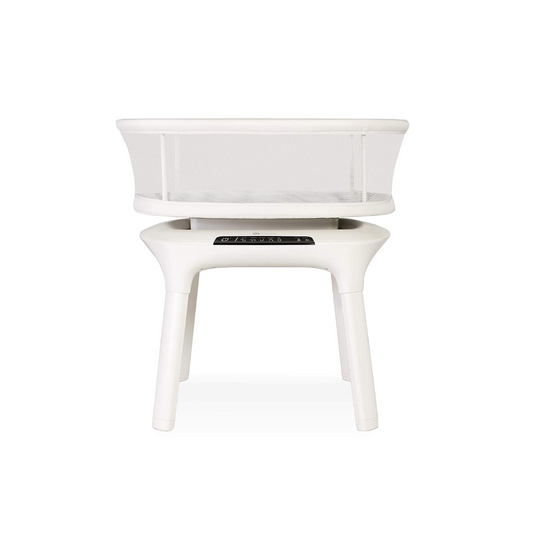 Sold out
Sold outMamaRoo Sleep Bassinet
Regular price $75.00Regular priceUnit price per -
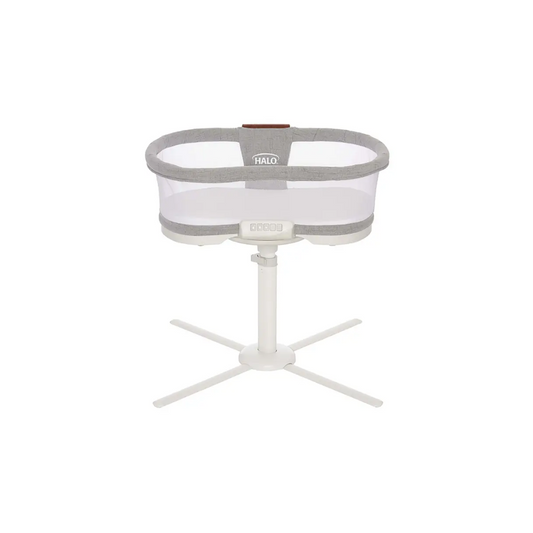 Sold out
Sold outHalo Luxe Series Vibrating Bassinet
Regular price $75.00Regular priceUnit price per -
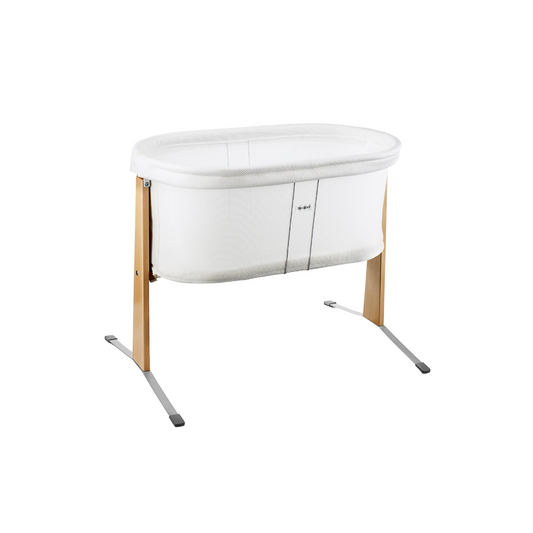 Sold out
Sold outBABYBJÖRN® Baby Cradle
Regular price $55.00Regular priceUnit price per -
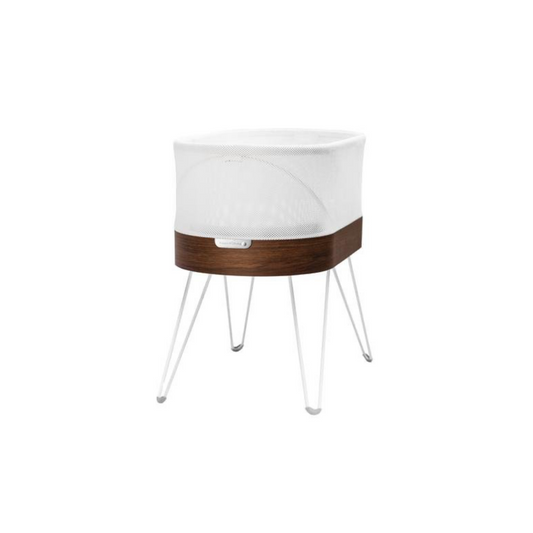 Sold out
Sold outSnoo Smart Sleeper
Regular price From $110.00Regular priceUnit price per -
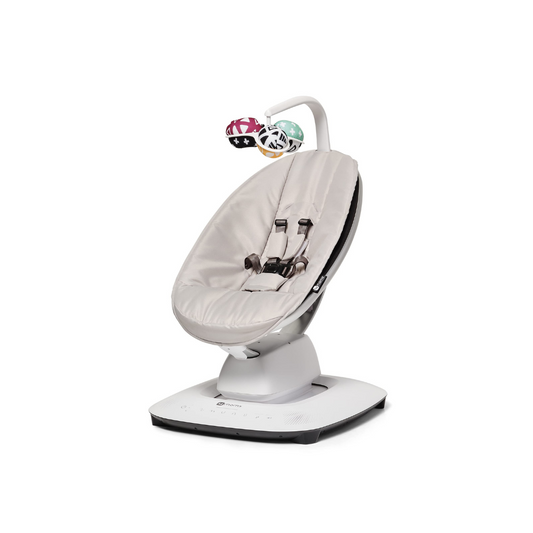 Sold out
Sold outMamaRoo Baby Swing + Newborn Insert
Regular price $55.00Regular priceUnit price per -
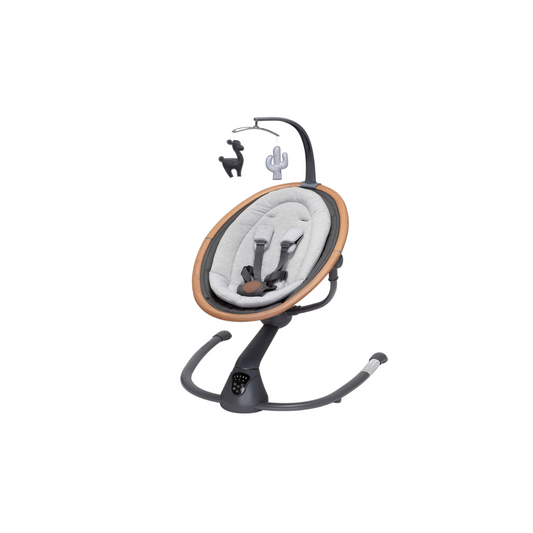 Sold out
Sold outMaxi Cosi Cassia Swing
Regular price $55.00Regular priceUnit price per -
 Sold out
Sold outBABYBJÖRN® Bouncer (Mesh)
Regular price $55.00Regular priceUnit price per -
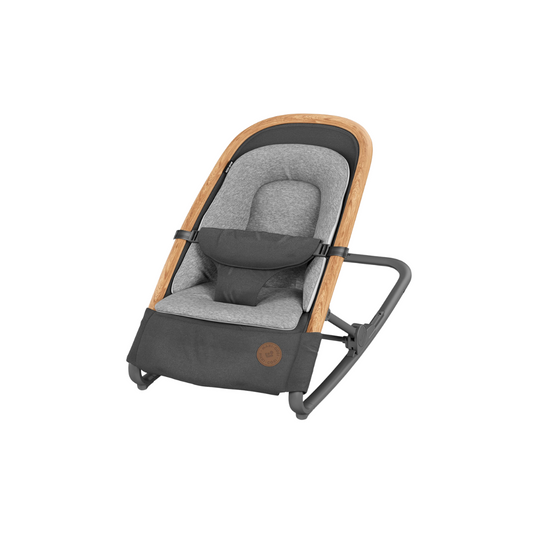 Sold out
Sold outMaxi Cosi Kori 2-in-1 Bouncer
Regular price $55.00Regular priceUnit price per -
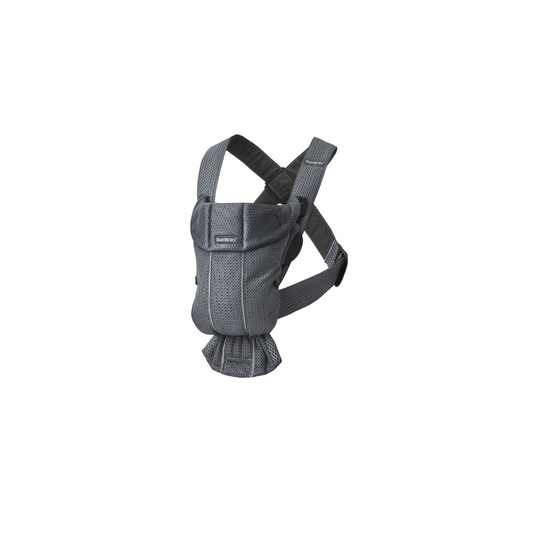 Sold out
Sold outBABYBJÖRN® Baby Carrier Mini (Mesh)
Regular price $55.00Regular priceUnit price per -
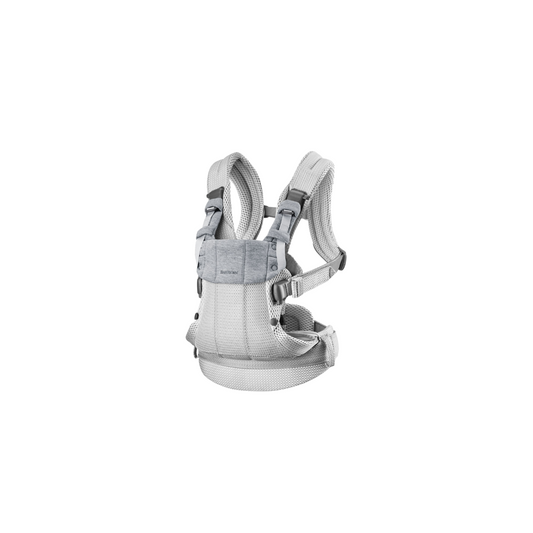 Sold out
Sold outBABYBJÖRN® Baby Carrier Harmony
Regular price $55.00Regular priceUnit price per -
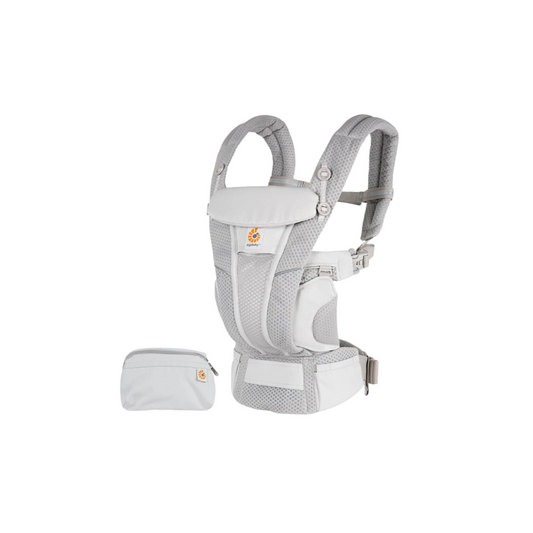 Free for members
Free for membersErgo Baby Omni Breeze Baby Carrier
Regular price $55.00Regular priceUnit price per -
 Sold out
Sold outLovevery Play Gym
Regular price $55.00Regular priceUnit price per -
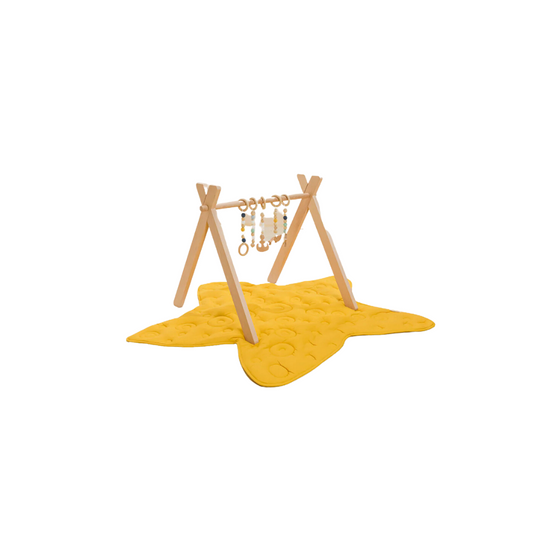 Sold out
Sold outCocoVillage Play Gym
Regular price $55.00Regular priceUnit price per -
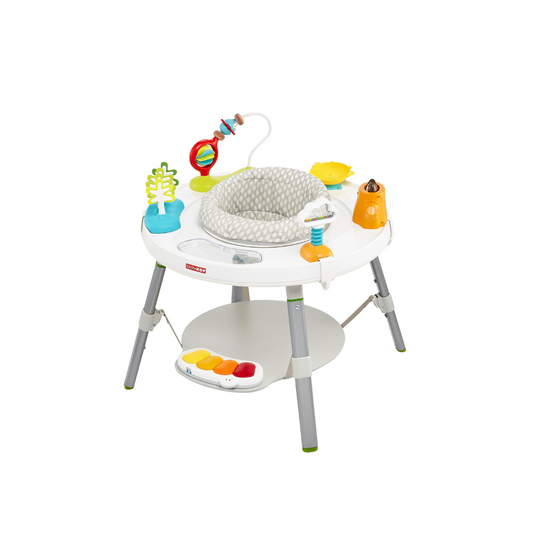 Sold out
Sold outSkip Hop Activity Chair
Regular price $55.00Regular priceUnit price per -
 Sold out
Sold outSkip Hop Play Pen
Regular price $55.00Regular priceUnit price per -
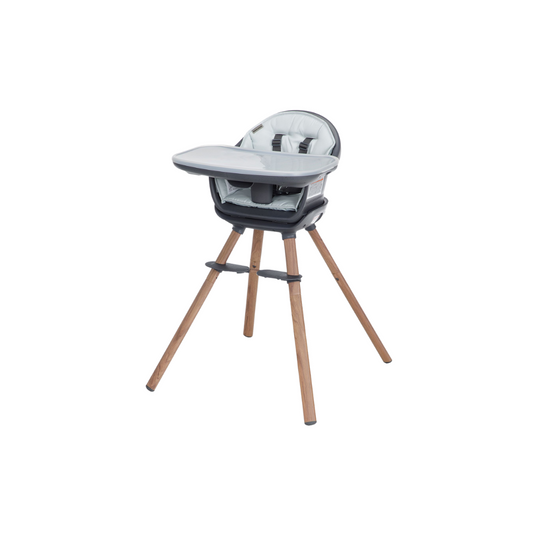 Sold out
Sold outMaxi Cosi Moa High Chair
Regular price $55.00Regular priceUnit price per
















